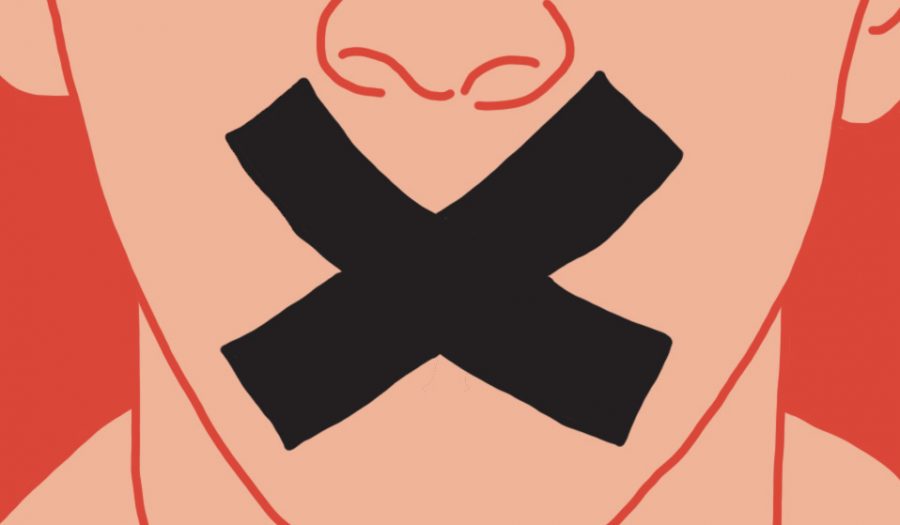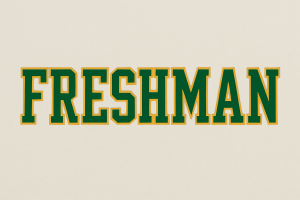Cancel Cancel Culture
January 6, 2021
In today’s society, social media is a crucial part of approximately 3.8 billion people’s lives. From uploading videos to rating restaurants, we use social media for almost everything. With the amount of time people find themselves online, social media naturally became a safe space for everyone to express themselves. Unfortunately, these days this “safe space” is slowly disappearing because of cancel culture: when people “cancel” or stop supporting public figures and companies for doing something offensive or questionable in the eyes of the public. While the idea of “canceling” offensive creators and companies may sound satisfying and pleasant, the reality is quite different.
Personally, I think that cancel culture is mainly unjustified. Seeing people rush to use toxic and rude words to bash someone about a mistake they made in the past seems unreasonable. People shouldn’t expect companies and public figures to be perfect and never make mistakes; they are obviously human as well. I don’t support cancel culture because it is obviously hypocritical in that people aren’t in the place to judge others’ mistakes and determine whether or not they will be supported or not. I am definitely not the only one that believes this. “To act like you’re on the moral high ground and in any position to dictate someone’s legacy or career based on their lowest point honestly makes me shudder in disgust. I simply cannot understand any logical explanation as to how cancel culture benefits society,” Ryan Kim (’23) said. While using healthy ways to try to educate someone about their mistakes sounds ideal, it doesn’t commonly happen, especially when the base of cancel culture is rooted around the idea that one person is better than another. I choose not to support cancel culture because I know that, personally, I am not in the place to be judging someone else’s mistakes when I have made my fair share of them.
Manny MUA is a famous makeup artist who regularly posts content on social media. In 2018, he infamously posted a picture on Twitter that many believed was a stab directed to a different creator. The aftermath included many other videos on YouTube titled “Manny MUA deserves to get DESTROYED” or “Cancel Manny MUA.” As a result, he lost about 250,000 subscribers and took a break from social media for two months. After his comeback, MUA stated, “through that drama I lost thousands of followers, thousands of subscribers, I went completely red on Social Blade…. It was very hard.” He also said that he “went into a complete shutdown mode, actually left social media for two months, and [he] didn’t know what else to do other than that,” as well as that he “couldn’t even function as a f****** human being.” As a result, he was in a very stressful situation in which the support he was used to having was abruptly taken from him, and people were writing articles and filming videos just to degrade him further. I am sure that if their mistakes were just thrust into the media as well, they wouldn’t take it easy at all.
We also all know everyone has the right to have different political views, but for some odd reason, on apps like TikTok, creators are getting canceled for supporting different political parties. It may seem obvious that everyone can have different political views on controversial topics like abortion or defunding the police, but I have seen countless TikToks of creators getting canceled for stating their political beliefs. It is unreasonable for creators to get bad reputations on social media because they simply stated their opinion.
As an avid user of social media apps, I really love it when I see public social activism. We have these platforms to spread awareness and love for one another, but our generation has taken advantage of these opportunities and turned them into toxic platforms to degrade one another for past mistakes. “I think as a generation we are blessed to be able to spread awareness and build online communities focused on making the world a better place,” said Kim. Even though sources like The New York Times and Vox.com have written articles about cancel culture, when you search up cancel culture on the explore page of TikTok, there isn’t much awareness of how toxic cancel culture is. I really hope that with more awareness spread, social media becomes a safe space for people to express themselves again.
















































































































































